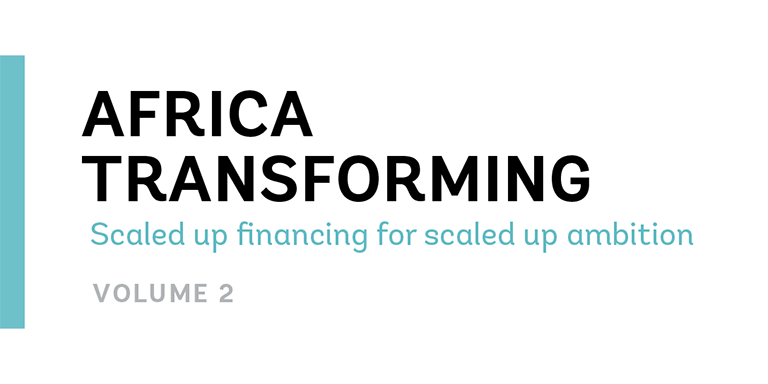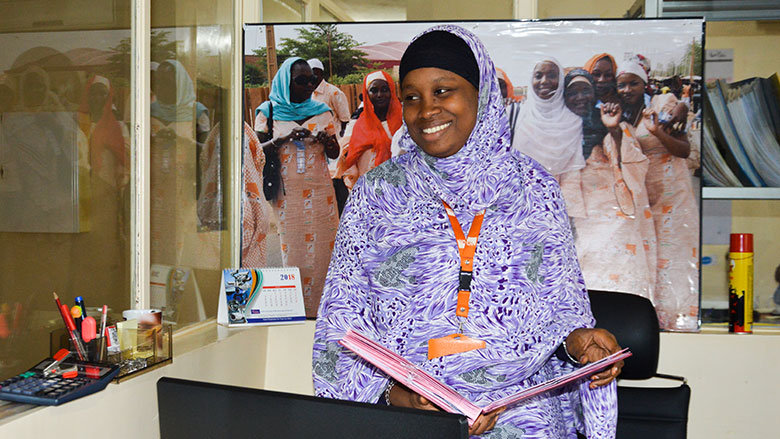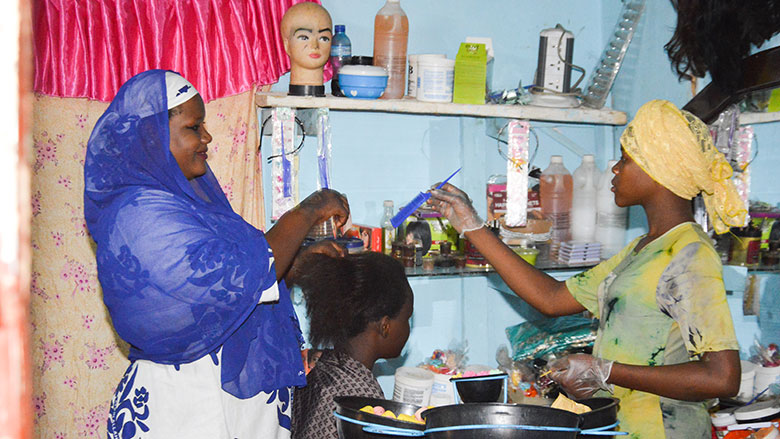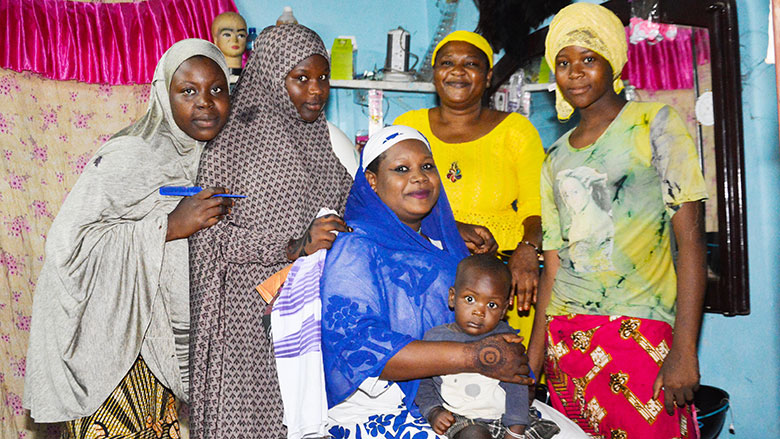Skills development for growth
Kailou is among 13,000 young Nigeriens (43 percent female) who have benefited from the World Bank’s Skills Development for Growth Project (PRODEC). Launched in 2014 with $30 million from IDA, it is working to improve the effectiveness of formal technical and vocational training, short-term skills development, and apprenticeship programs in priority sectors, such as civil engineering and construction, food processing, hospitality, agriculture, and telecommunications.
PRODEC addresses the deficit between jobs and skills that block youth employability and development. Of the 350,000 young people entering the job market every year, 90 percent lack the necessary qualifications for available jobs.
This skills shortage is compounded by the fact that many in the young workforce have not completed school beyond the primary cycle. According UNESCO, over 197,000 Nigerien children left primary school prematurely in 2013, a leap from 55,000 recorded in 1999. The National Statistical Institute put school enrollment at 76 percent in 2016 (70 percent for girls and 82 percent for boys).
Photo: Djamilou Oumarou/World Bank
From school to work
In addition to supporting programs for out-of-school youth like the one Kailou attended, PRODEC also helps to improve the school-to-work transition. Some 3,500 young graduates of technical secondary education programs and higher (half of whom are female) have benefited from PRODEC-backed internship programs that connect graduates with potential employers. According to a 2017 National Employment Agency study, 70 percent of interns were able to use their experience as a springboard to full time employment.
After completing her bachelor's degree in logistics, 25-year-old Hamsatou Idi Moussa, struggled to find work. An internship opportunity made all the difference.
“I was hired by a large food processing company because I interned there and proved myself to them,” she says.
To continue PRODEC’s momentum and expand training support to the agriculture and livestock production sectors, the Government of Niger and the World Bank signed an agreement for $50 million in additional IDA financing in June 2018.
From school to work
In addition to supporting programs for out-of-school youth like the one Kailou attended, PRODEC also helps to improve the school-to-work transition. Some 3,500 young graduates of technical secondary education programs and higher (half of whom are female) have benefited from PRODEC-backed internship programs that connect graduates with potential employers. According to a 2017 National Employment Agency study, 70 percent of interns were able to use their experience as a springboard to full time employment.
After completing her bachelor's degree in logistics, 25-year-old Hamsatou Idi Moussa, struggled to find work. An internship opportunity made all the difference.
“I was hired by a large food processing company because I interned there and proved myself to them,” she says.
To continue PRODEC’s momentum and expand training support to the agriculture and livestock production sectors, the Government of Niger and the World Bank signed an agreement for $50 million in additional IDA financing in June 2018.
From school to work
In addition to supporting programs for out-of-school youth like the one Kailou attended, PRODEC also helps to improve the school-to-work transition. Some 3,500 young graduates of technical secondary education programs and higher (half of whom are female) have benefited from PRODEC-backed internship programs that connect graduates with potential employers. According to a 2017 National Employment Agency study, 70 percent of interns were able to use their experience as a springboard to full time employment.
After completing her bachelor's degree in logistics, 25-year-old Hamsatou Idi Moussa, struggled to find work. An internship opportunity made all the difference.
“I was hired by a large food processing company because I interned there and proved myself to them,” she says.
To continue PRODEC’s momentum and expand training support to the agriculture and livestock production sectors, the Government of Niger and the World Bank signed an agreement for $50 million in additional IDA financing in June 2018.
From school to work
In addition to supporting programs for out-of-school youth like the one Kailou attended, PRODEC also helps to improve the school-to-work transition. Some 3,500 young graduates of technical secondary education programs and higher (half of whom are female) have benefited from PRODEC-backed internship programs that connect graduates with potential employers. According to a 2017 National Employment Agency study, 70 percent of interns were able to use their experience as a springboard to full time employment.
After completing her bachelor's degree in logistics, 25-year-old Hamsatou Idi Moussa, struggled to find work. An internship opportunity made all the difference.
“I was hired by a large food processing company because I interned there and proved myself to them,” she says.
To continue PRODEC’s momentum and expand training support to the agriculture and livestock production sectors, the Government of Niger and the World Bank signed an agreement for $50 million in additional IDA financing in June 2018.
From school to work
In addition to supporting programs for out-of-school youth like the one Kailou attended, PRODEC also helps to improve the school-to-work transition. Some 3,500 young graduates of technical secondary education programs and higher (half of whom are female) have benefited from PRODEC-backed internship programs that connect graduates with potential employers. According to a 2017 National Employment Agency study, 70 percent of interns were able to use their experience as a springboard to full time employment.
After completing her bachelor's degree in logistics, 25-year-old Hamsatou Idi Moussa, struggled to find work. An internship opportunity made all the difference.
“I was hired by a large food processing company because I interned there and proved myself to them,” she says.
To continue PRODEC’s momentum and expand training support to the agriculture and livestock production sectors, the Government of Niger and the World Bank signed an agreement for $50 million in additional IDA financing in June 2018.




